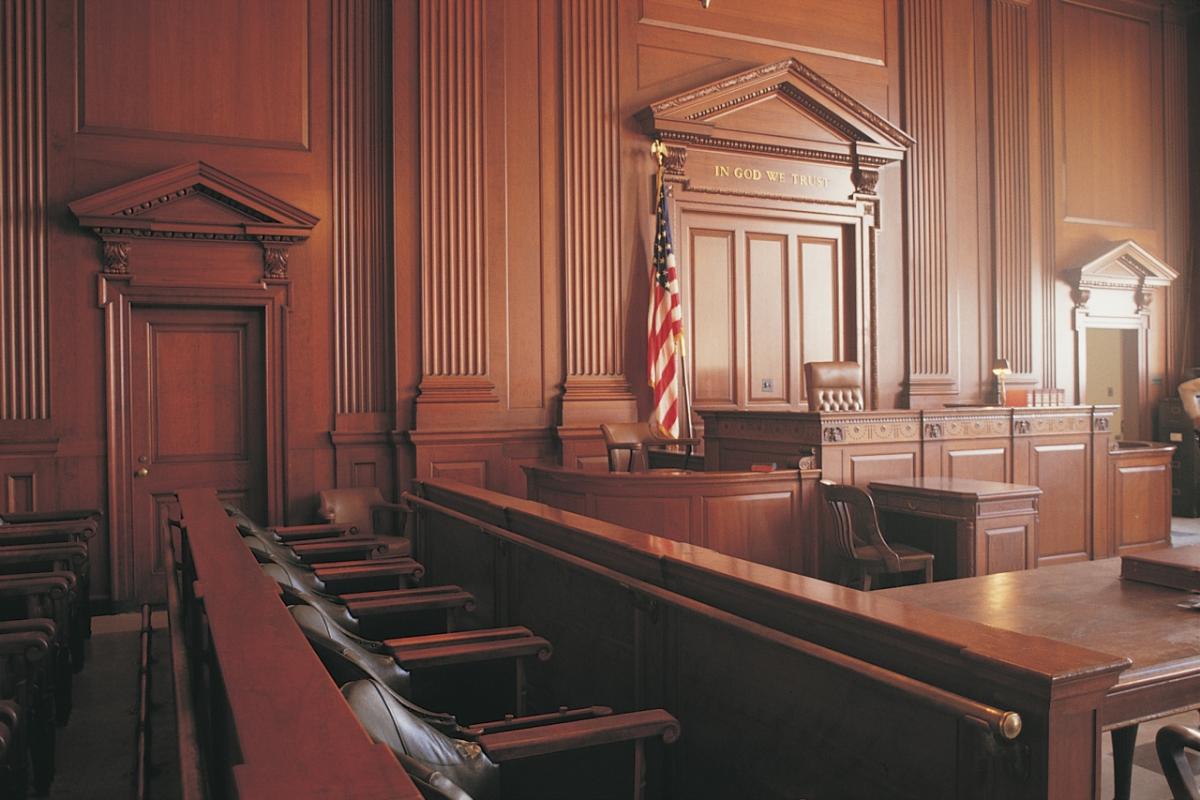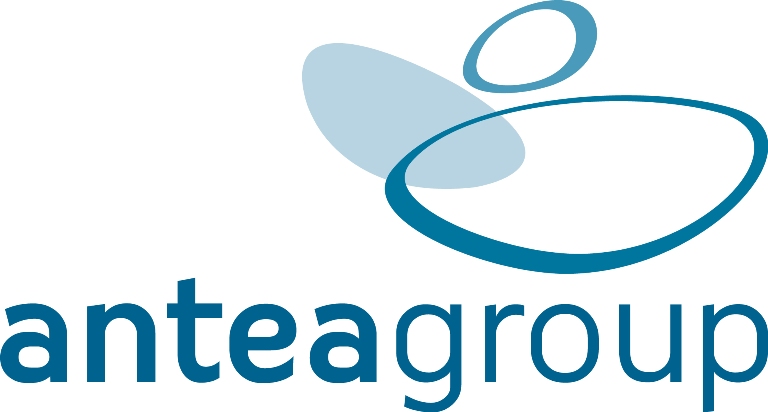EHS Litigation Support: What Is an Expert Witness?

EHS Litigation Support: What Is an Expert Witness?
Generally speaking, no individual or company wants to end up in court. Such scenarios can be stressful, expensive, and consequential.
But it’s a simple fact of life: litigation happens, and business leaders need to be aware and prepared.
Here we’ll explore one specific aspect of environment, health, and safety (EHS) litigation: expert witnesses, how they come into play, and when one might be needed.
Navigating EHS Litigation
At Antea Group, our primary objective with the clients is to help them steer clear of any situation where unwanted litigation might occur. Taking smart, proactive steps and building strong organizational processes makes a big difference. But as we said, legal issues can come into play, despite an organization’s best efforts. .
From an EHS standpoint, litigation can occur for any number of reasons: legacy environmental liability issues, regulatory violations, worker’s comp claims, and so on. When these scenarios arise, resources and reputations are at stake. EHS litigation can be thorny and complicated, so whenever it emerges as a possible outcome, you’ll want to be aware of what to do and who can help.
Some of the services and roles you’ll want to think about when dealing with health, safety, or environmental litigation include:
- Affidavit Submittals
- Agency Rulemaking
- Administrative Hearings
- Depositions
- Document Reviews
- Historical Site Analysis
- Mediation
- Report Preparation
- Strategy Development
- Trial Preparation
One key asset in these situations can be consultants with litigation experience and expert witnesses, which Antea Group has supplied in many litigatory cases across a wide variety of industries and circumstances.
What Is an Expert Witness in EHS Litigation?
If you’ve ever seen a courtroom drama on TV (or the broadcasts of real-life legal proceedings), you’ve probably seen testimony from expert witnesses. They are subject matter experts whose specialized knowledge in a specific field is deemed as authoritative by the judge. The testimony of expert witnesses can weigh heavily in the eventual decision.
As opposed to a fact witness, who testifies on the basis of observable firsthand facts, expert witnesses are permitted to share their opinions on the facts in court, because those opinions are legitimized by their experience and expertise. Unlike a lawyer, an expert witness is not an advocate, but rather an impartial source of information. (Although, obviously, they are typically enlisted by a party because their objective testimony will support that party’s case.)
One key nuance to keep in mind when thinking about expert witnesses is that the requisite level of knowledge and subject matter authority are only part of the puzzle. There is also the matter of credibility. This isn’t earned simply through a résumé; trials are judged by human beings, who inherently make character and credibility assessments based on their observations.
“Credibility of an expert is dependent upon their ability to communicate their opinion to a finder of fact, which may be a judge or jury or arbitrator,” says Bob Karls, President of Antea Group USA. “Communicating in a manner that is understandable and compelling to the finder of fact is critical, as well as providing a clear explanation.”
These qualities and capabilities come from one’s disposition — some folks are naturally gifted with explaining things, and simplifying complex matters for their audiences — but also from experience. Bob, who has appeared as an expert witness dozens of times, has seen many examples where experts have failed to do this with adverse results for the party they were working with.
Given the stakes, when seeking out an expert witness, it’s vital to find the communication skills and experience you can trust.
The Value of an Expert Witness
When an expert witness is retained as a consultant, their value is not limited to appearing on the stand. In many cases, things won’t even reach that point. Consultants come in, review the situation and facts, and give you their honest viewpoint and best advice. They might recommend collection of more data, or help with procuring pertinent information from another party.
It is advisable to bring these consultants into the process early, so they can assist with the discovery process and your team’s evaluation of strengths and weaknesses in the evidence and facts.
There are certain steps and actions that will lead to a more effective and efficient engagement when expert witnesses come aboard to consult. Chief among them is comprehensive documentation and record-keeping. Not only will this help build an evidenced case, but it will also improve the chances of avoiding EHS litigation situations altogether. Prevention is the best practice.
Don’t Go It Alone
If you do find yourself facing EHS litigation in some form, the last thing you want to do is try to manage it without trusted expertise and support. Antea Group has a lengthy history of providing environmental litigation support and a fast-growing record of consulting on cases involving health, safety, and ergonomics.
If you find yourself in need of EHS litigation support, an expert witness, or just more information and guidance on the topic in general, we invite you to reach out and start the conversation.
About Antea Group: Antea Group is an international engineering and environmental consulting firm specializing in full-service solutions in the fields of environment, infrastructure, urban planning, and water. By combining strategic thinking and multidisciplinary perspectives with technical expertise and pragmatic action, we do more than effectively solve client challenges; we deliver sustainable results for a better future. We serve clients ranging from global energy companies and manufacturers to national governments and local municipalities. Learn more at https://us.anteagroup.com.

